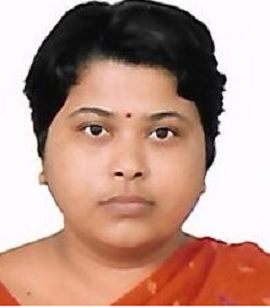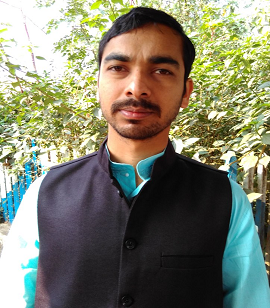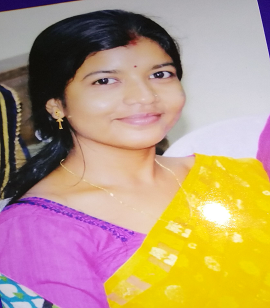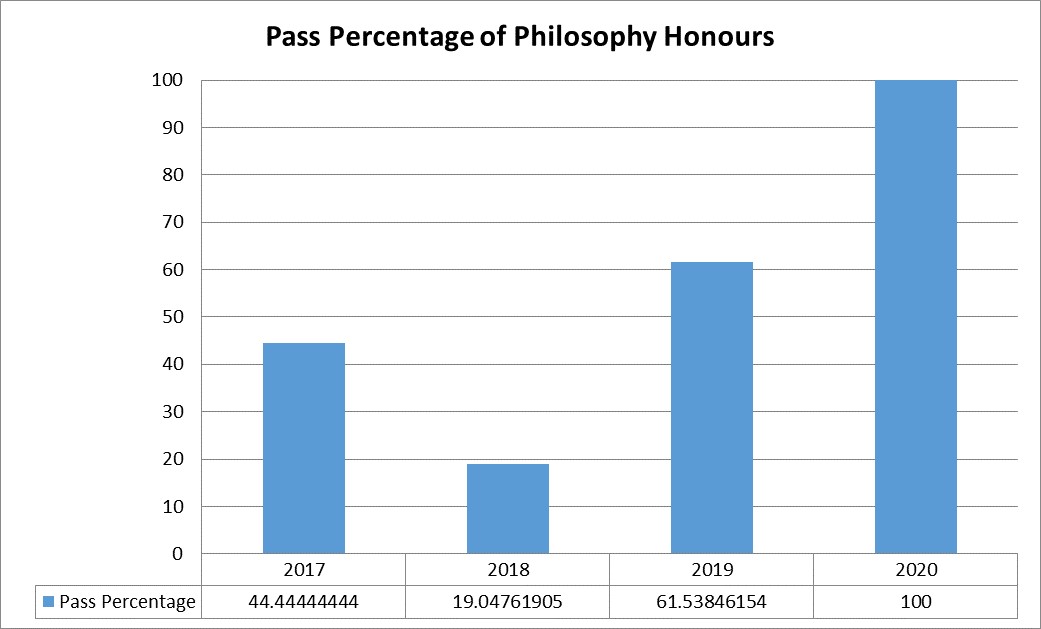DURGAPUR GOVERNMENT COLLEGE
Govt. of West Bengal(Accredited by NAAC with "A" Gradation in 2017)
(Accredited by NAAC with "A" Gradation in 2017)
Department of Philosophy, Durgapur Government College, started its journey in the year 1970 and was affiliated under University of Burdwan. The session (2015-16) witnessed a change since Durgapur Government College was the only Government College which became affiliated Kazi Nazrul University, Asansol. Department of philosophy conducts all necessary functions as per rules and regulations prescribed by Kazi Nazrul University. The first session (2015-16) had their university exams as per the guidelines provided by Kazi Nazrul University, under CBCS system. This department tries to guide students not only for pursing the academic aspect, but also put in real endeavor to guide them in understanding and implementing the higher objectives of life. This department combines and pays equal respect to all the different types of philosophical, religious, sociological and ethical values, which mankind in general should abide with in order to enhance the quality of living. These aspects of knowledge help the students to develop a synchronized form of both reason and experience so that they can build a pragmatic outlook towards life. It offers courses for Honours, Program and Generic courses under the CBCS system KNU. This department presently comprises of five faculty members and a rolling strength of about 190 students in average every year for Honours and Generic course.
The department provides a rich resource of books for students from its departmental seminar library. Apart from this, students may borrow books and refer to e-books from central library as well. There are special initiatives taken by the department for student benefit like; innovative learning methods, special lectures by visiting faculty members, awareness program, and orientation program etc.
The department offers following two undergraduate programmes in Philosophy under the affiliation of Kazi Nazrul University, Asansol
• B.A. Honours in Philosophy
• B.A. Program in Philosophy
The curriculum and syllabus of these programmes is under the Choice Based Credit System (CBCS) implemented by the affiliating university.
The department offers generic elective course in Philosophy for the students of Arts Honours programmes.





• Participation /Innovative – Learning Modules: The topic of any philosophical system is introduced as based on the presupposition of that particular system. The topic is then related with other coherent thoughts that would follow logically. The meaning of the “Sloka” as in Indian philosophy is explained so that the arguments or the style of the argumentation be philosophically emphasized. A critical study of the entire system along with a comparative outlook keeping in mind the other system is also put forward. Students are then asked several relevant questions that would make it clear how far they have understood the topic. Finally, in separate classes, students are told to present a five minutes presentation on the taught topic.
• Participation/Innovative – Case Studies prepared: The students are made to think of a philosophical system or issue in terms of real or virtual cases as examples. In case of Indian and Western Philosophy, the abstract concepts may be better conceptualised and philosophised by taking cases from the empirical world. In case of pursuing Psychology and Ethics which are two very important branch of Philosophical study case study becomes all the more important. The theories of learning are specially made understood to the students with the real live experiences of their classmates and of themselves. Ethical questions on Environment and questions on Theories of punishment are well dealt by students if and only if they be made understood with the help of cases that comes up in news, media or any other source of mass communication. Group discussions make the theme, the question, the probable answer all the more innovative.
• Dev/Teaching Remedial/Bridge Courses: Remedial classes are many a times felt essential for students. It is by way of remedial classes that students themselves find the gap in their understanding of a particular topic. Hence such classes act as remedy for, any blockage of thoughts and confusion regarding abstract thoughts. Remedial classes thus arranged helps students who have already apprehended the text as well as those who are slow learners.
• Special Programs in Phys. Edn. /Library: Open House discussion” was organized as a special program in college library make students more vocal on any philosophical issue and also to impart communication skills among the students. This special program was intended to promote creative thinking among the students so that they can come up with new ideas and understand or explain a topic by new outlook, beyond the conventional system.
• Orientation program organized for first semester students
• Gathering questions from students on different topics from the syllabus
• Classes where surprise extempore is conducted
• Welcome discussions on topics from the syllabus on which research may be initiated
• Preparation of innovative learning modulus on special topics involving students by asking them to frame relevant questions on a topic
• Students asked to take classes of their fellow students in presence of any one faculty member
